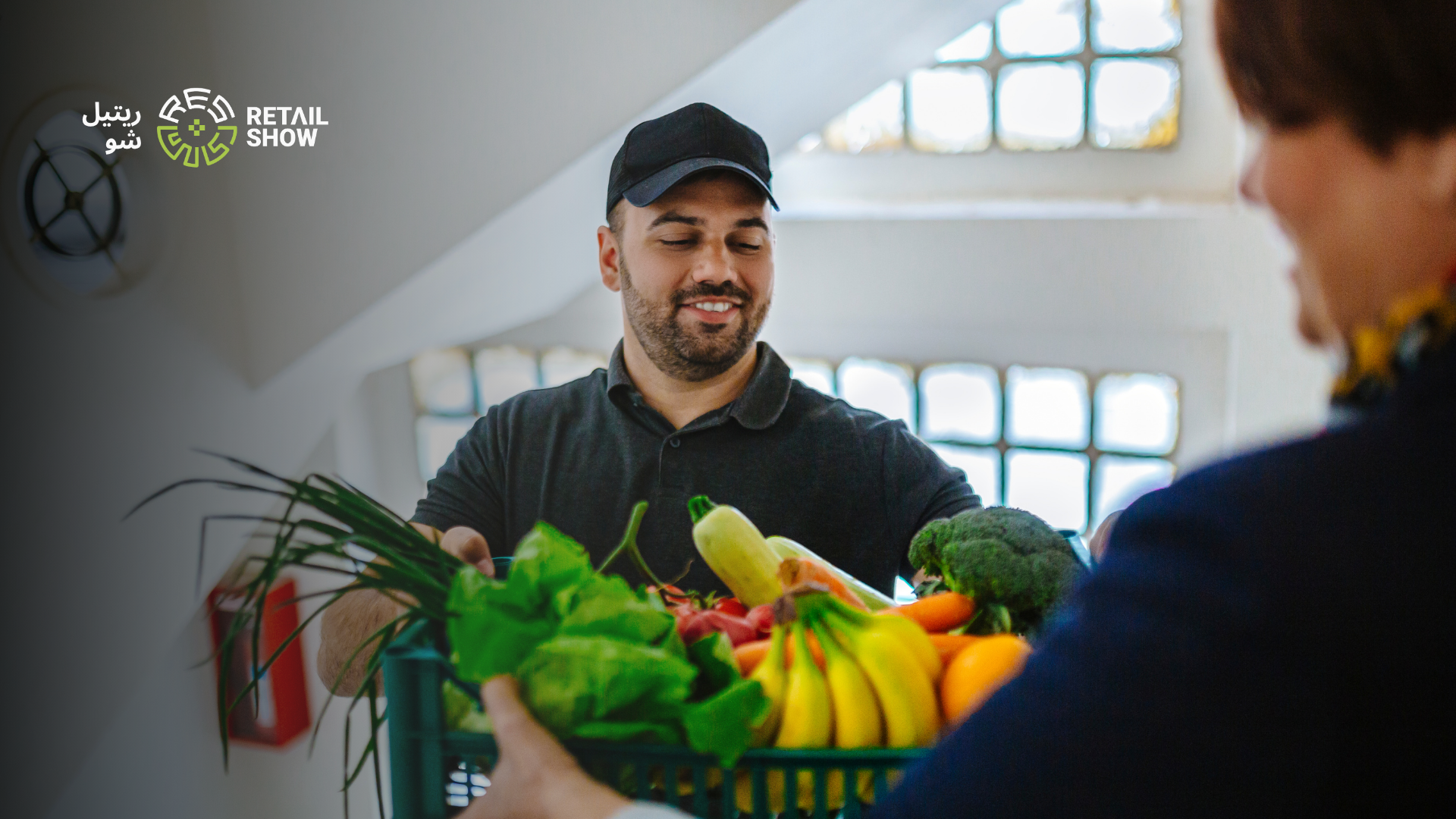Riyadh, Saudi Arabia – July 02, 2025: AliExpress has joined forces with Saudi retail heavyweight Al Othaim Markets in a new venture aimed at reshaping grocery shopping in the Kingdom. Starting this June, shoppers in Riyadh can now order everyday essentials from Al Othaim through the AliExpress platform and receive their goods the same day—a service that promises both speed and convenience in an increasingly digital retail landscape.
The partnership marks AliExpress’s first significant foray into the domestic grocery delivery market in Saudi Arabia, where e-commerce growth has been especially brisk. Already a key player in the Kingdom’s online retail scene, the Alibaba-owned platform is now the second most visited shopping site in Saudi Arabia, according to Semrush data from April 2025.
By teaming up with Al Othaim Markets, a major player in the country’s supermarket sector with more than 400 stores nationwide, AliExpress is tapping into a vast physical retail and logistics network. Customers can choose between doorstep delivery within hours or collecting their orders directly from a local store.
“We are thrilled to have Al Othiam and its stores joining AliExpress,” said Jim Liu, General Manager of AliExpress GCC. “Together, we are future-proofing our online capabilities to compete effectively in a dynamic market. This milestone ensures our customers in Riyadh have access to a broader range of products including groceries and household products and enjoy fast, reliable delivery. We’re eager to extend this service to other cities in the near future.”
For Al Othaim Markets, the move represents a step forward in its ongoing push to modernize and expand its digital footprint. The company, known for its strong presence in retail and wholesale food trade, has been steadily broadening its reach and is now using this partnership to lean into the Kingdom’s growing appetite for on-demand services.
The launch comes at a time when online grocery shopping is surging in popularity across Saudi Arabia, driven by shifting consumer habits and broader structural changes in the economy. With Vision 2030 laying the groundwork for a diversified, tech-driven future, initiatives like this one are aligning closely with national goals to increase the share of digital and modern commerce.
Shoppers using AliExpress will be able to browse a variety of products sourced from Al Othaim Markets, ranging from canned foods and beverages to personal care items and consumer electronics. The convenience factor, underpinned by the promise of rapid delivery and a familiar storefront, is likely to appeal to time-pressed urban consumers in the capital.
While Riyadh serves as the launchpad, both companies have their sights set on wider expansion. The service is expected to roll out to additional Saudi cities in the months ahead, signaling a longer-term commitment to reshaping how groceries are bought and delivered.
The tie-up not only underscores the increasing convergence of traditional retail and digital marketplaces in the Gulf, but also reflects how international platforms like AliExpress are adapting to local market dynamics—often by pairing up with well-entrenched regional players.
For AliExpress, which launched in 2010 and operates in more than 200 countries and regions, the move adds a domestic layer to its business in Saudi Arabia, where it has historically focused on cross-border sales. Offering locally sourced goods with same-day delivery could mark a new chapter for the platform in the region.
Whether this hybrid model becomes the norm remains to be seen. But one thing is clear: the competition to dominate Saudi Arabia’s online grocery sector is heating up—and partnerships like this may be key to gaining the edge.


